war
Ambassador takes aim at Japan’s richest man, questioning the decision to value pants and T-shirts over Ukrainian lives.
One of Japan’s leading art directors leads the way in raising funds for an issue that’s close to his heart.
Fake news story goes viral around the world, but the real story behind it is just as compelling.
A tiny twist of fate can have big repercussions – this woman owes her life to her grandfather’s metal cigarette box.
Coffeehouse chalkboard encourages customers to think about situations in coffee-growing regions of the world.
People around Japan are spreading news of the J-Alert System and the manual that explains what to do in the event of an armed attack.
You know things are getting serious when the lead singer of Echo & the Bunnymen throws in the towel.
Japan may have forgiven the rip-off Disney star, but they have not forgotten what he did 80 years ago on that blood soaked Pacific island beach.
Impressed with Japan’s ability to quickly rebuild after the Second World War, some educators in Iraq are looking to instill similar values in their own youth.
WIN Gallup International recently announced the results of their international survey on people’s willingness to fight for their country. Despite recent changes to the constitution, it turns out Japanese Johnnies are least likely to get their guns among all nations surveyed.
On August 14, 1945, Japan announced its surrender to the Allied Forces it would come to be known as V-J Day before signing the Japanese Instrument of Surrender aboard the U.S.S. Missouri on September 2. This year marks the 70th anniversary of Japan’s surrender but the anniversary is also in the midst of debate over constitutional revisions with criticism honed in on Prime Minister Shinzo Abe.
Sanrio has seemingly voiced its option, albeit through the mouths of its popular mascots, in the latest issue of the company’s Ichigo Shimbun magazine. The magazine includes an article reflecting on the 70th anniversary of Japan’s surrender and is titled “Let’s think about what we can do for peace” with a sub-headline reading “No more war!” It calls for readers to research war through popular media and the memories of those who lived during that time.
On October 21, 1600, Tokugawa Ieyasu won the famous Battle of Sekigahara which secured his way to rule the shogunate of Japan.
Today, the battlefield where more than 200,000 people perished is but a remnant of ancient history. It is an ordinary town, and only the most maniacal of history buffs would show up to trace the roots of Sekigahara. However, in the center of that town, there is actually a ‘theme park’ where you can learn about history and the famous battle right where it took place, known as the somewhat awkwardly named “Learn! Play! The Immersive War Museum – Sekigahara War Land”.
The International Red Cross has recently been pushing for so-called “hyper realistic” video games to follow international humanitarian laws and penalize players for their in-game crimes, such as gunning down civilians. Last month, the organization on its Japanese site posted an explanation about why it decided to press for this. As expected, gamers had mixed reactions to the announcement with some decrying the “over-regulation” of their hobby, while many thought it was a much-needed change to the industry.


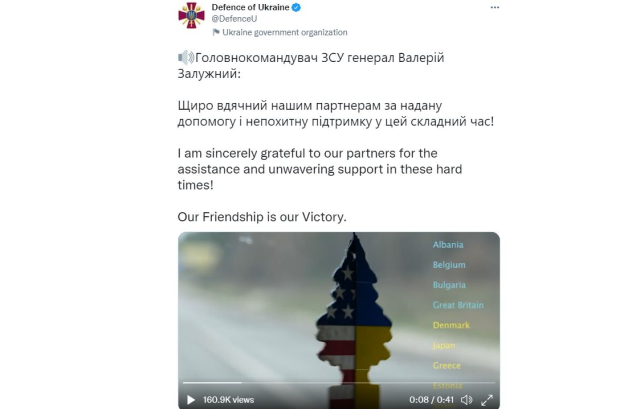
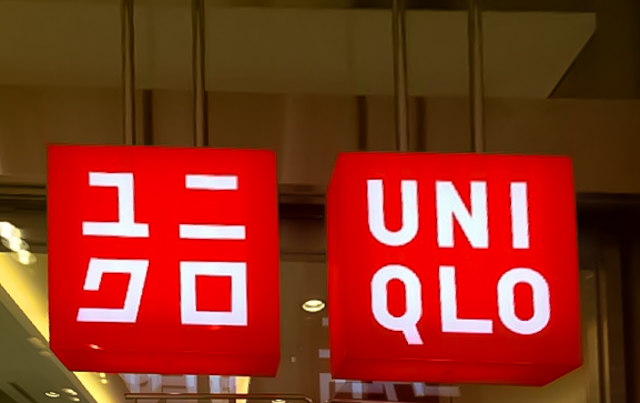
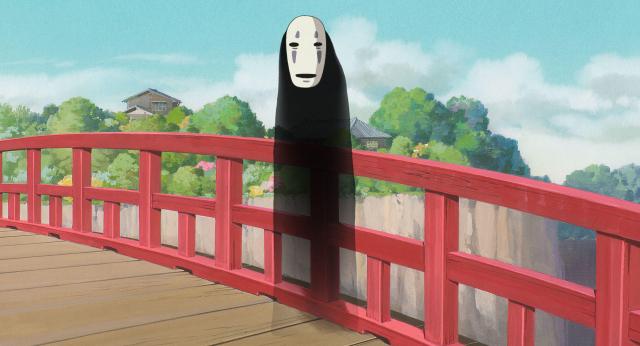
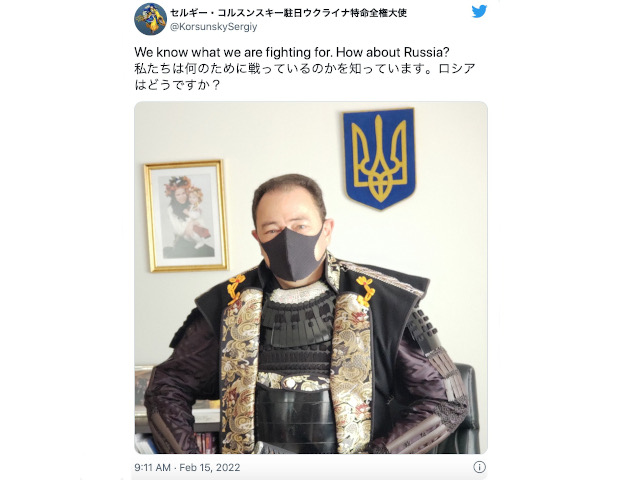
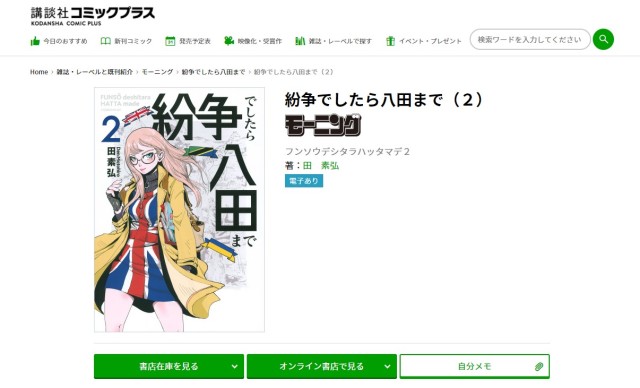

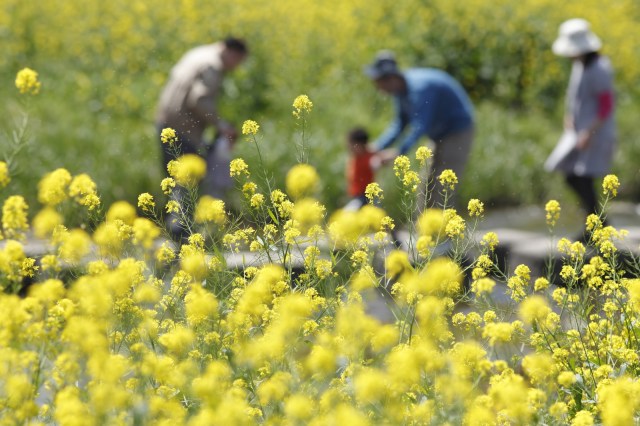

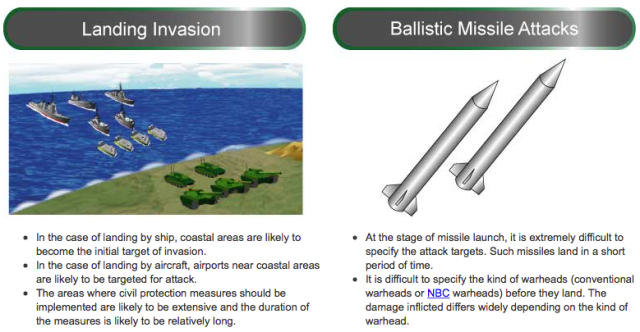
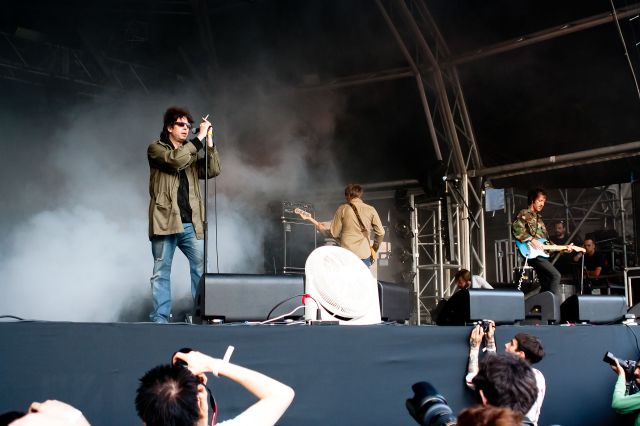
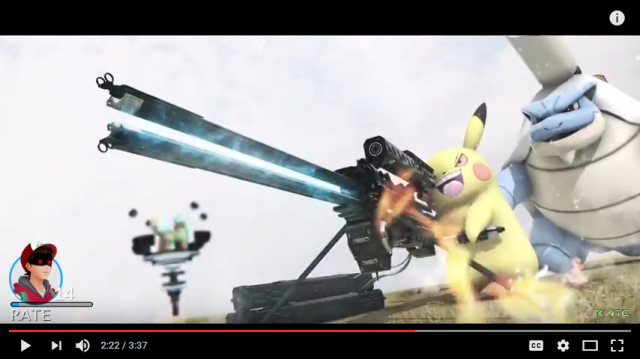
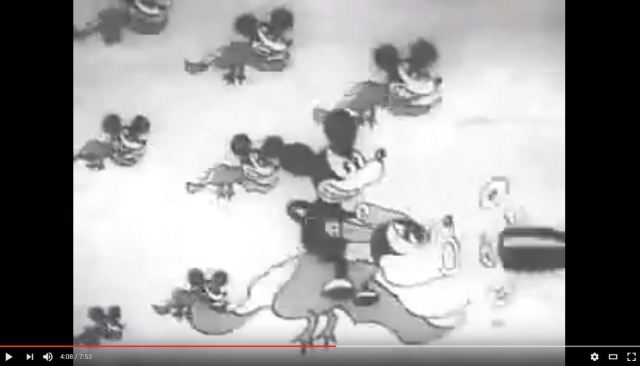

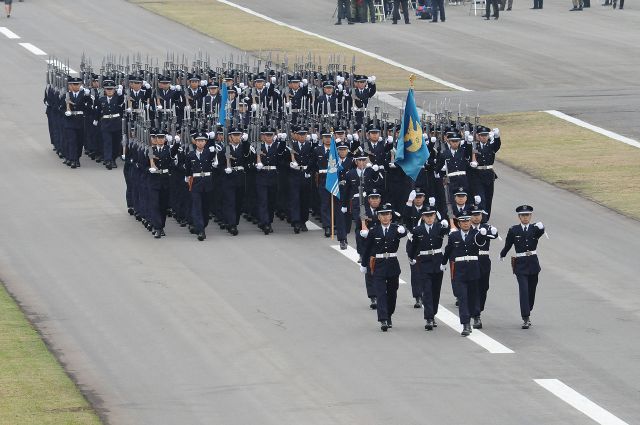
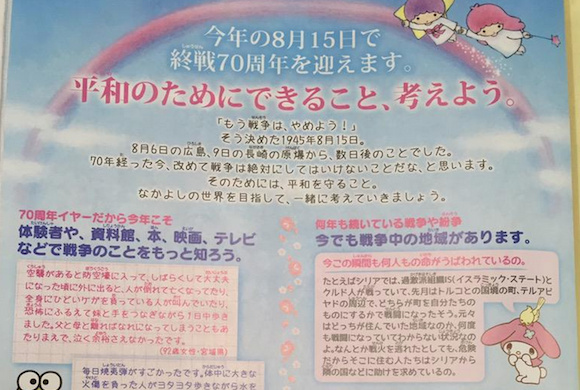
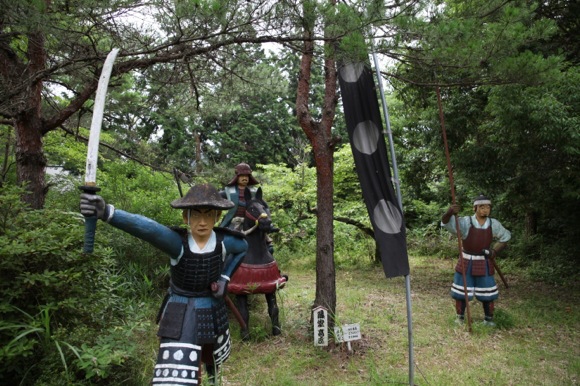
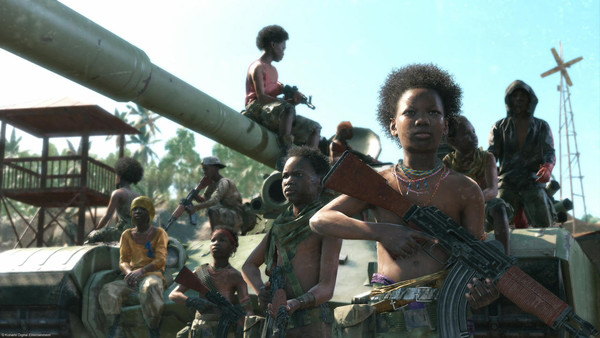
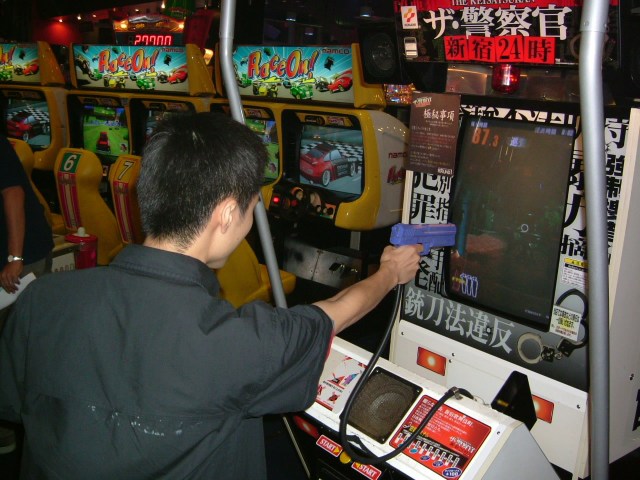
 Starbucks Japan unveils new sakura cherry blossom collection for hanami season 2026
Starbucks Japan unveils new sakura cherry blossom collection for hanami season 2026 Kyoto raises hotel accommodation tax to fight overtourism, travelers could pay up to 10 times more
Kyoto raises hotel accommodation tax to fight overtourism, travelers could pay up to 10 times more Japan Extreme Budget Travel! A trip from Tokyo to Izumo for just 30,000 yen [Part 1]
Japan Extreme Budget Travel! A trip from Tokyo to Izumo for just 30,000 yen [Part 1] Sakura Festival in Chiyoda mixes illuminations, boats, music, and Rilakkuma in the heart of Tokyo
Sakura Festival in Chiyoda mixes illuminations, boats, music, and Rilakkuma in the heart of Tokyo What happens when you wear a smile mask on a Japanese train?
What happens when you wear a smile mask on a Japanese train? Osaka establishes first designated smoking area in Dotonbori canal district to fight “overtourism”
Osaka establishes first designated smoking area in Dotonbori canal district to fight “overtourism” 7 reasons why you should visit Aomori Prefecture
7 reasons why you should visit Aomori Prefecture Do people in Kyoto really stand to the right on escalators?
Do people in Kyoto really stand to the right on escalators? Chance to play Teris on a massive staircase in Kyoto Station coming in March
Chance to play Teris on a massive staircase in Kyoto Station coming in March One of Japan’s rarest sweets is a sell-out hit that looks and tastes like frost
One of Japan’s rarest sweets is a sell-out hit that looks and tastes like frost Starbucks Japan releases first-ever Hinamatsuri Girls’ Day Frappuccino
Starbucks Japan releases first-ever Hinamatsuri Girls’ Day Frappuccino Japanese restaurant chain serves Dragon Ball donuts and Senzu Beans this spring
Japanese restaurant chain serves Dragon Ball donuts and Senzu Beans this spring Highest Starbucks in Japan set to open this spring in the Tokyo sky
Highest Starbucks in Japan set to open this spring in the Tokyo sky Japan’s craziest burger chain takes menchi katsu to new extreme levels
Japan’s craziest burger chain takes menchi katsu to new extreme levels Japan Extreme Budget Travel! A trip from Tokyo to Izumo for just 30,000 yen [Part 2]
Japan Extreme Budget Travel! A trip from Tokyo to Izumo for just 30,000 yen [Part 2] Japan has only one airport named after a samurai, so let’s check out Kochi Ryoma【Photos】
Japan has only one airport named after a samurai, so let’s check out Kochi Ryoma【Photos】 Japanese drugstore sells onigiri at pre-stupid era prices, but how do they compare to 7-Eleven?
Japanese drugstore sells onigiri at pre-stupid era prices, but how do they compare to 7-Eleven? Viral Japanese cheesecake from Osaka has a lesser known rival called Aunt Wanda
Viral Japanese cheesecake from Osaka has a lesser known rival called Aunt Wanda Which convenience store onigiri rice balls are the most popular? Survey reveals surprising results
Which convenience store onigiri rice balls are the most popular? Survey reveals surprising results Japan’s newest Shinkansen has no seats…or passengers [Video]
Japan’s newest Shinkansen has no seats…or passengers [Video] Starbucks Japan releases new sakura goods and drinkware for cherry blossom season 2026
Starbucks Japan releases new sakura goods and drinkware for cherry blossom season 2026 Foreigners accounting for over 80 percent of off-course skiers needing rescue in Japan’s Hokkaido
Foreigners accounting for over 80 percent of off-course skiers needing rescue in Japan’s Hokkaido Super-salty pizza sends six kids to the hospital in Japan, linguistics blamed
Super-salty pizza sends six kids to the hospital in Japan, linguistics blamed Starbucks Japan unveils new sakura Frappuccino for cherry blossom season 2026
Starbucks Japan unveils new sakura Frappuccino for cherry blossom season 2026 Foreign tourists in Japan will get free Shinkansen tickets to promote regional tourism
Foreign tourists in Japan will get free Shinkansen tickets to promote regional tourism The 10 most annoying things foreign tourists do on Japanese trains, according to locals
The 10 most annoying things foreign tourists do on Japanese trains, according to locals Take a trip to Japan’s Dododo Land, the most irritating place on Earth
Take a trip to Japan’s Dododo Land, the most irritating place on Earth Naruto and Converse team up for new line of shinobi sneakers[Photos]
Naruto and Converse team up for new line of shinobi sneakers[Photos] Is China’s don’t-go-to-Japan warning affecting the lines at a popular Tokyo gyukatsu restaurant?
Is China’s don’t-go-to-Japan warning affecting the lines at a popular Tokyo gyukatsu restaurant? Survey asks foreign tourists what bothered them in Japan, more than half gave same answer
Survey asks foreign tourists what bothered them in Japan, more than half gave same answer Japan’s human washing machines will go on sale to general public, demos to be held in Tokyo
Japan’s human washing machines will go on sale to general public, demos to be held in Tokyo Starbucks Japan releases new drinkware and goods for Valentine’s Day
Starbucks Japan releases new drinkware and goods for Valentine’s Day We deeply regret going into this tunnel on our walk in the mountains of Japan
We deeply regret going into this tunnel on our walk in the mountains of Japan Studio Ghibli releases Kodama forest spirits from Princess Mononoke to light up your home
Studio Ghibli releases Kodama forest spirits from Princess Mononoke to light up your home Major Japanese hotel chain says reservations via overseas booking sites may not be valid
Major Japanese hotel chain says reservations via overseas booking sites may not be valid Put sesame oil in your coffee? Japanese maker says it’s the best way to start your day【Taste test】
Put sesame oil in your coffee? Japanese maker says it’s the best way to start your day【Taste test】 No more using real katana for tourism activities, Japan’s National Police Agency says
No more using real katana for tourism activities, Japan’s National Police Agency says Osaka establishes first designated smoking area in Dotonbori canal district to fight “overtourism”
Osaka establishes first designated smoking area in Dotonbori canal district to fight “overtourism” 7 reasons why you should visit Aomori Prefecture
7 reasons why you should visit Aomori Prefecture Do people in Kyoto really stand to the right on escalators?
Do people in Kyoto really stand to the right on escalators? Chance to play Teris on a massive staircase in Kyoto Station coming in March
Chance to play Teris on a massive staircase in Kyoto Station coming in March One of Japan’s rarest sweets is a sell-out hit that looks and tastes like frost
One of Japan’s rarest sweets is a sell-out hit that looks and tastes like frost Free Pokémon-catching mini game with all 151 Kanto Pokémon added to Google searches!
Free Pokémon-catching mini game with all 151 Kanto Pokémon added to Google searches! Survey finds that one in five high schoolers don’t know who music legend Masaharu Fukuyama is
Survey finds that one in five high schoolers don’t know who music legend Masaharu Fukuyama is 79-year-old Japanese granny who fell in love with Initial D sports car finds perfect new owner【Vid】
79-year-old Japanese granny who fell in love with Initial D sports car finds perfect new owner【Vid】 Potama serves up epic rice balls like no other, and there’s only one store in Tokyo
Potama serves up epic rice balls like no other, and there’s only one store in Tokyo Death Spray from Japan causes buzz online for powerful ability to cut ties with bad energy
Death Spray from Japan causes buzz online for powerful ability to cut ties with bad energy Rental grandma service growing in Japan, can help cook or break up with boyfriends
Rental grandma service growing in Japan, can help cook or break up with boyfriends Stay home in style with Kyoto-easy hakama-inspired roomwear for men, women, and kids【Photos】
Stay home in style with Kyoto-easy hakama-inspired roomwear for men, women, and kids【Photos】 We found the prettiest TKG ever at a restaurant specializing in raw eggs on rice in Tokyo
We found the prettiest TKG ever at a restaurant specializing in raw eggs on rice in Tokyo